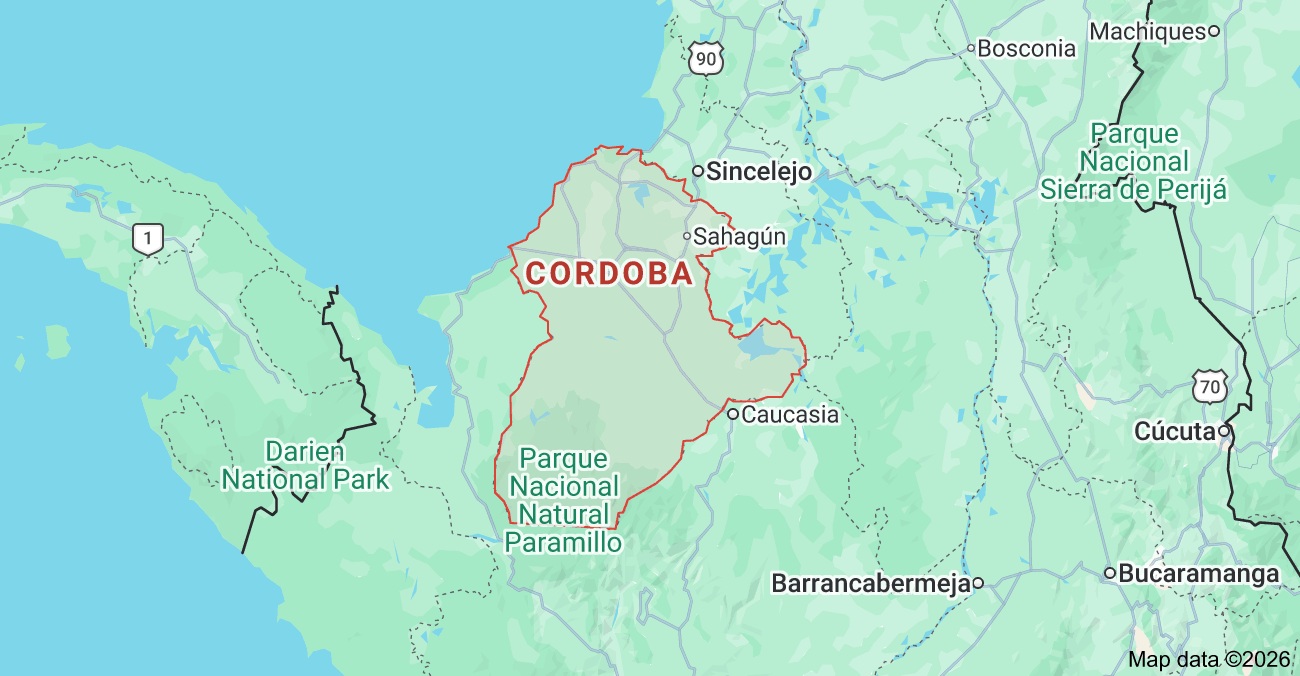WORLD VIEW: Finding answers to Boko Haram

By Jonathan Power
IF THERE IS one man in Africa who combines kindness, authoritarianism of right and rationed proportions with nevertheless a deep commitment to democracy, business proficiency learnt on his now large-scale farms, political nous that outsmarts all competitors, a demanding Christian belief, honed while he was in prison for 3 years under the military dictatorship and a not overdone portion of charisma, it is Olusegun Obasanjo, the man who returned Nigeria, Africa’s most populated country and largest economy, to democracy twice and was himself the elected president for 8 years from 1999 to 2007.
No wonder a majority of Nigerians consider the Obasanjo years as the best in Nigeria’s history.
I have to say in my 40 years of being a writer on foreign affairs and interviewing over 60 heads of government he is the one who has impressed me the most, for sheer brainpower, idealism and wisdom.
Boko Haram, the Islamic fundamentalist group who has terrified the poor northern part of Nigeria- and are believed to have close contact with ISIS- came on to the scene after Obasanjo was out of office. Still, he has been very much in touch with the situation and twice, at least, tried to arbitrate between the movement and the government. This is what he had to say to me recently about the situation:
“Boko Haram is not simply a menace based on religion or one directed to frustrate anybody’s political ambition. It is essentially a socio-economic problem that is tainted with religion. It is a gargantuan danger to the nation and to all Nigerians. President Jonathan’s understanding (the last president until 2014) of the Boko Haram phenomenon suffered from wrong reading and wrong imputation. This is what led us to where we are today.
“ It took even the president more than three years to appreciate and understand that it is a terrible mix of poor education; misinterpretation of what the Quran teaches; poverty, unemployment, injustice, drug and gun trafficking, fallout from the wars in Libya, frustration and poor governance including corruption that brought about the emergence of terrorism.
“I’ve always maintained that the solution to Boko Haram lies in the application of carrot and stick. We must remember that there is a nexus between security and development. Without security you cannot have development and without development your security is seriously impaired. Look at the social statistics- infant mortality rates for example. In south-west Nigeria it is 59 per 1000 live births. In the North-East in Boko Haram territory it is 109. Those who say Boko Haram is a menace waiting to happen are evidently correct. Some people have blamed the local and state governments for the lack of development. But I would rather say it is a collective responsibility and, collectively, the situation must be addressed and redressed. The beginning of redressing the situation is education.
“ I’ve never been against the application of force in dealing with insecurity situations, but we must understand the genesis, the content and the context of each situation to determine when, where, how, and what quantum force to apply and what amount and type of carrot to feed in. Let me make bold to say that if we continue to apply force alone, since Boko Haram has become an industry within the government circle and within Boko Haram itself it may be suppressed for a while but it cannot be eliminated”.
“ To deal with the menace, root, stem and branches, requires an effective development programme for the zone of incubation. Otherwise another zone will be a fertile breeding ground for a similar menace in future or a rich harvesting ground for recruiting candidates for mischief and the perpetration of insecurity internally and externally.
“Carrot must involve not excluding negotiation at the appropriate time for a ceasefire, laying down of arms and peace-making terms together with intervention with positive socio-economic measures to deal with the apparent root-causes of the conflict and violence.”
I was a little mentally exhausted after this mini lecture. I was never worried by Obasanjo’s inertia, the most energetic of men, but for years I was worried about that of his successors. But things are changing at last. I’ve seen that for myself. Obasanjo spells out his own conclusions:
“Religion is a very serious issue in this country but we are not eating ourselves on religious grounds. There are socio-economic tensions and fault lines but they are not necessarily meant to erupt like volcanos.
“It would appear that my analysis and understanding- the one I have just spelt out- is beginning to be appreciated within the right circles. Better late than never!”
One should always listen to Obasanjo. Over 30 years, including hours and sometimes days spent with him, I’ve learnt that this gruff, wise, and extraordinarily perceptive ex-general with the kindly heart usually gets things right.





